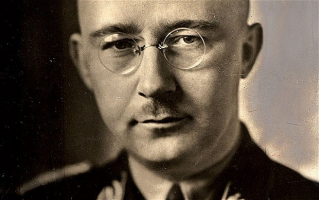Top 8 Interesting Facts About Hannibal Barca
Hannibal Barca, one of history's greatest generals, crossed the Alps and nearly brought Rome to its knees. One of Rome's most feared adversaries - but also one ... read more...of its greatest - was Hannibal of Carthage. Hannibal undertook an ambitious effort to cross the Alps and conquer Rome proper after taking over command of an army at the age of 25. Hannibal of Carthage was forced to flee to protect his city from a Roman assault after 15 years of campaigning and a tactically great victory at Cannae. Hannibal was declared the victim of Carthage's loss after the battle and banished, yet he persisted in fighting Rome until his demise. Here are interesting facts about Hannibal Barca.
-
Archaeologists and historians have never been able to shed any light on how Hannibal Barca died, thus it continues to be a mystery. Hannibal is thought to have passed away in Gebze, Turkey, after what may have been a prolonged fever following a sword wound to his finger sustained while mounting his horse. Though many academics disagree with the claim, this idea is frequently contested.
Suicide was another widely accepted cause of death. He was said to have poisoned himself at Libyssa. He carried a ring that was usually laden with poison, and one story holds that he committed suicide on the banks of the Sea of Marmara by ingesting the poison.
His prolonged conflict with the Roman Empire was regarded to be the catalyst for his suicide. He was exiled for a long period after the Second Punic War, giving him plenty of time to contemplate his own death. This exile and loneliness are said to have contributed to his suicide.
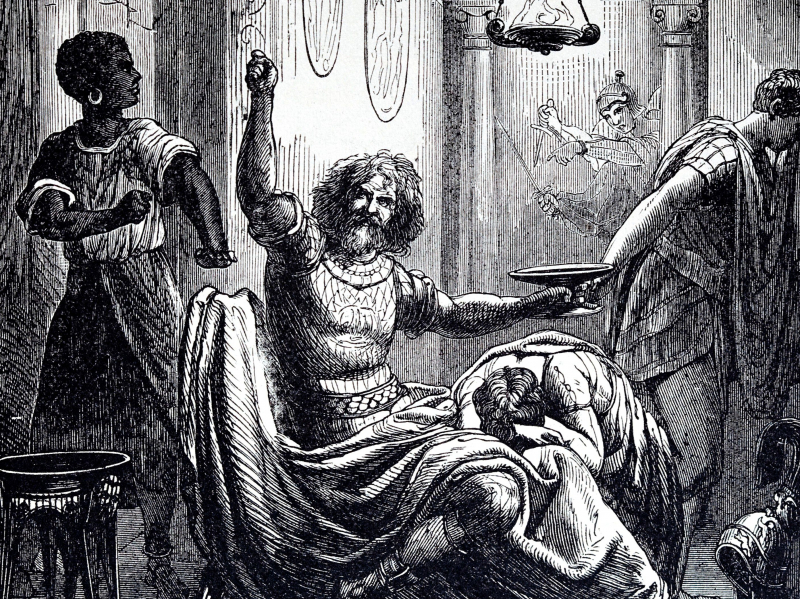
ThoughtCo 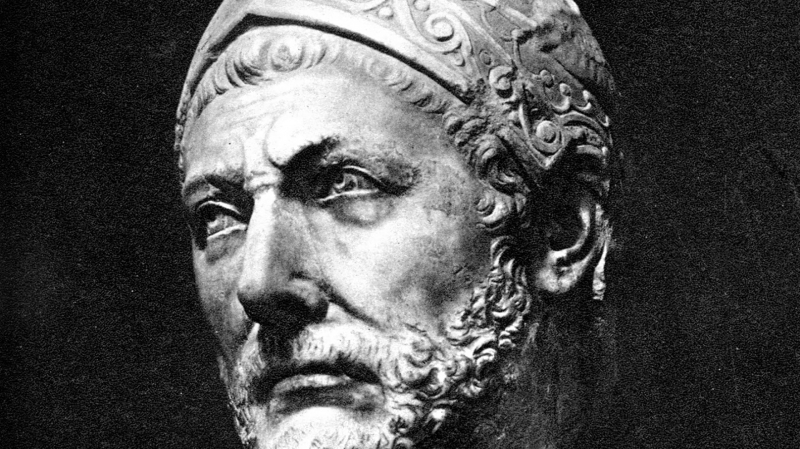
Sky History -
In addition to being a skilled and effective soldier, Hannibal was also intelligent, frequently demonstrating that the written word is mightier than the sword.
Hannibal was a brilliant student who studied under ancient Greek professors. In addition to learning what he needed to know about the military and warfare from his father, his Greek professors were a major factor in his overall growth. Hannibal contributed to literature mostly on the subject of military writings, but he was also an astute student of mathematics and the Greek and Latin languages in particular.
Hannibal was a firm believer that the pen was mightier than the sword. He not only educated himself but also made significant contributions to the military by publishing military literature. He poured his expertise and wisdom into those works, which were both inspirational and educational. Being such a military enthusiast, Barca wrote down many of his brilliant battle strategies, and, while he was in exile after the Second Punic War, he produced a guidebook for the defense of Rhodes.
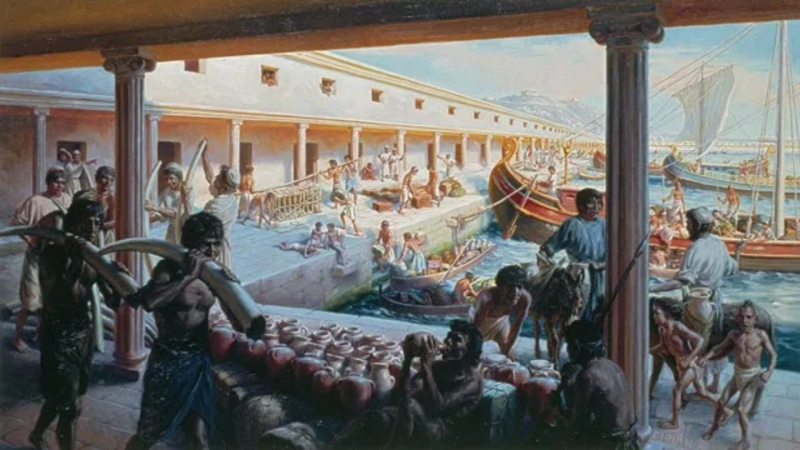
Hannibal’s productive education - historyten.com 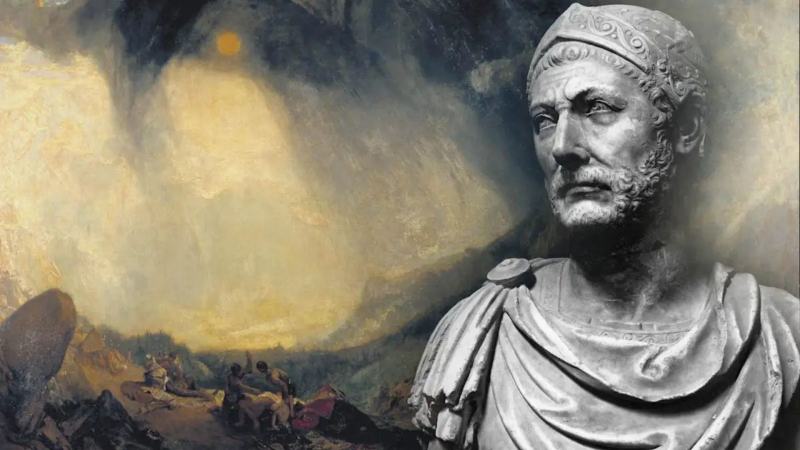
TheCollector -
Hannibal spent his entire life fighting the Roman Empire. His father, Hamilcar, exposed him to Roman warfare and trained him in the Carthaginian army. Carthage was continuously at odds with Rome, and the Barca family fought them throughout their lifetimes.
Hamilcar made Hannibal pledge to keep Rome as an enemy when he introduced him to the army. Following his father's death in the Mercenary War, Hannibal resolved to fight in order to reclaim Carthage's lost dignity, and he journeyed to Spain to seek assistance.
Hannibal Barca quickly became a member of the Spanish army, and his efforts were rewarded with a victory over Rome in the First Punic War. His desire to defeat Rome was genuine, and he honored his commitment to his father to always oppose Rome. His goal of gaining respect and freedom for Carthage was also met.
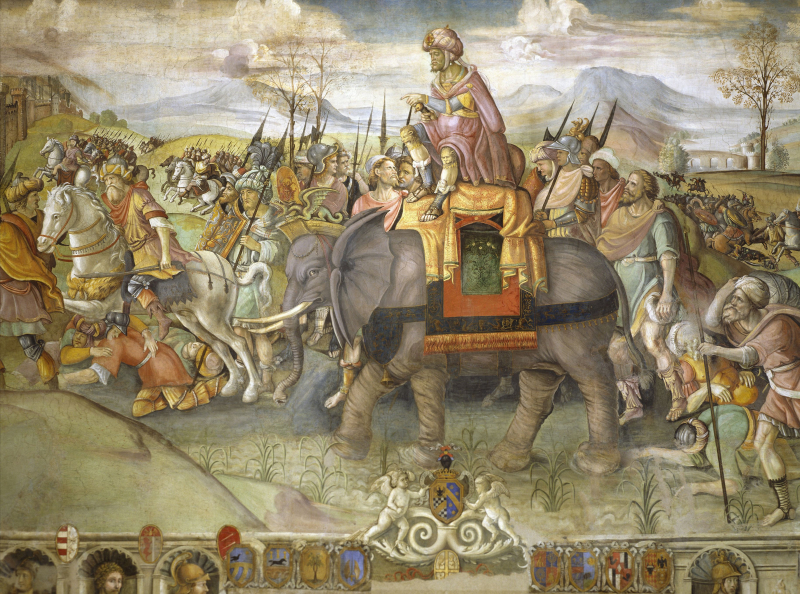
ThoughtCo 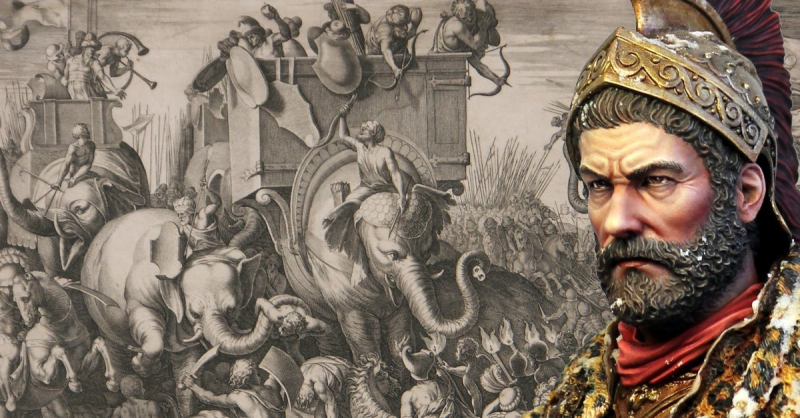
We Are The Mighty -
Hannibal changed from a military man to a statesman during his life. His contributions to the state of Carthage throughout his life after the wars were a testament to his effective and strategic mind. His strategies and tactics were exceptional and effective, shining like a brand-new sun in Carthage's nighttime sky.
He was chosen to serve as a Carthage magistrate following the Second Punic War. Carthage was a backward region at the time and was owed money by Rome. The ancient and outmoded practices of Carthage were revolutionized by Hannibal, who also altered the city's constitution and seized control of its leaders.
Additionally, Hannibal played a significant role in Carthage's success. He immediately recognized that by imposing high taxes in the hitherto untaxed city, the debts of the city might be paid off. To strengthen the domestic economy, he also gave agricultural training to certain of his army personnel. Carthage had settled all of its obligations in full by 191 BC.
The Carthaginians praised Hannibal for turning around the fortune of the city, but after his term as a magistrate ended, Hannibal withdrew from politics because he was tired of Roman control.
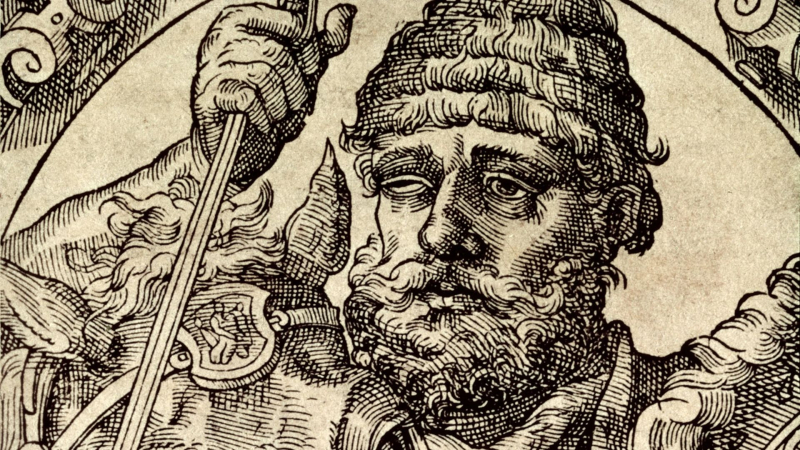
National Geographic 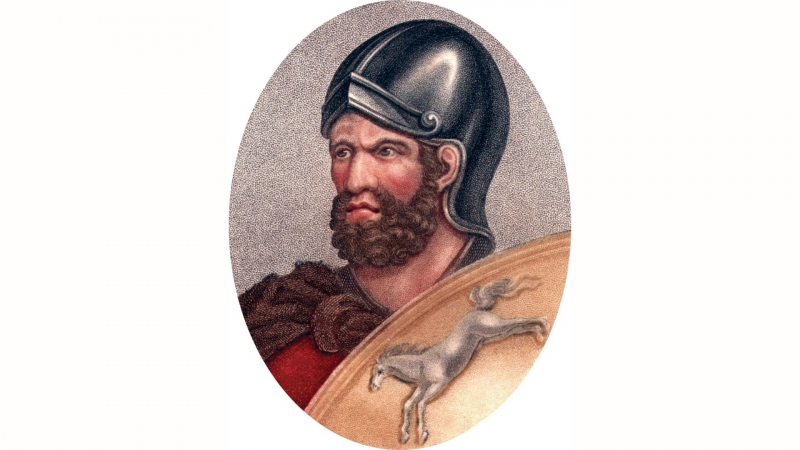
Britannica -
You will never see Hannibal Barca with an eye patch in any of his statues or paintings. He did, however, lose sight in his right eye at the Battle of Trebia and has since traveled with one eye patch. Hannibal and his army were on their way to the most important battle of the Second Punic War. It was a battle between the Carthaginian and Roman armies. Hannibal's troops defeated the Roman troop on the Trebia river, demonstrating enormous strength as a leader and commander with a magnificent battle strategy.
The decision to go back was challenging, though. Between the Italian east coast and the Apennine Mountains, Hannibal had to make a decision. The other was a swamp route, while the simple route along the East Coast required him to face the Roman army that was ready for his soldiers. He decided to surprise the Romans by using the later route.
They were all exhausted from the constant walking on the lake, but they couldn't rest because of an infection in his right eye. The right eye's loss of vision was brought on by the illness.
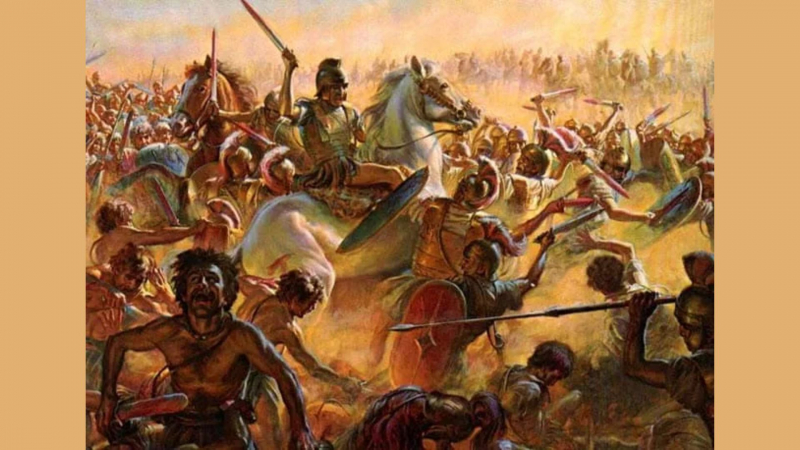
Hannibal’s Troop in significant battle of the Trebia - historyten.com 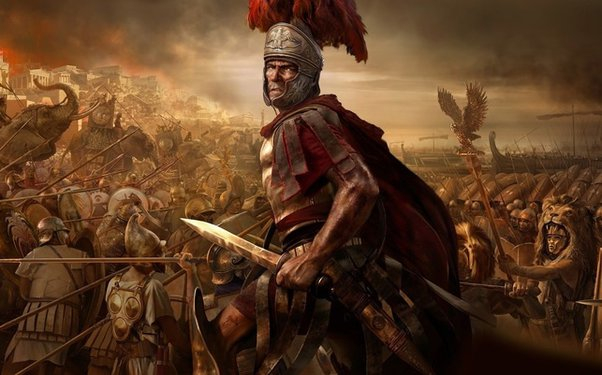
Quora -
Following the first Punic War, the Romans took over and replaced Carthage. As a result, Hannibal's maritime invasion of Rome was nearly impossible. He would need to receive initiation from all around the land. He intended to invade Rome across the great Alps because he was determined to take over Rome.
He began from Northern Spain with his men, traveled across Southern Gaul, and erected garrisons. He had a sizable army consisting of approximately 80000 soldiers, 4000 horses, and 37 elephants.
His plan was for beginning in the Autumn and continuing without the siege weapons. Even the guns couldn't have slowed down his goal; he didn't want them to.
They traveled to Italy in around 17 days, and their decision to go ahead with it paid off since it was a success.
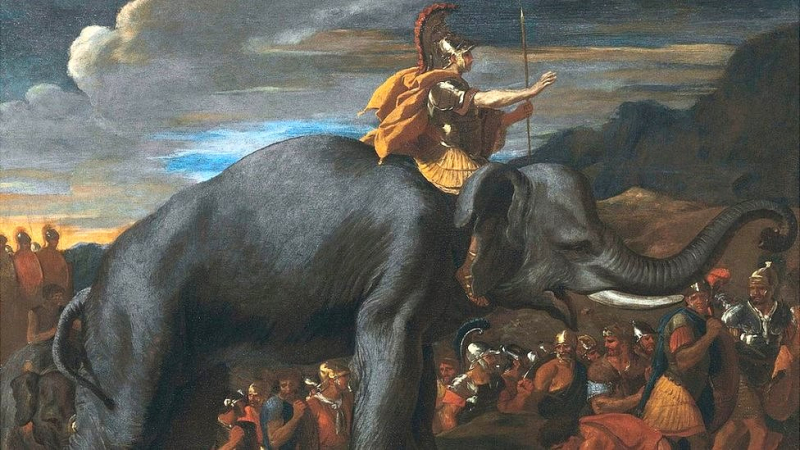
BBC 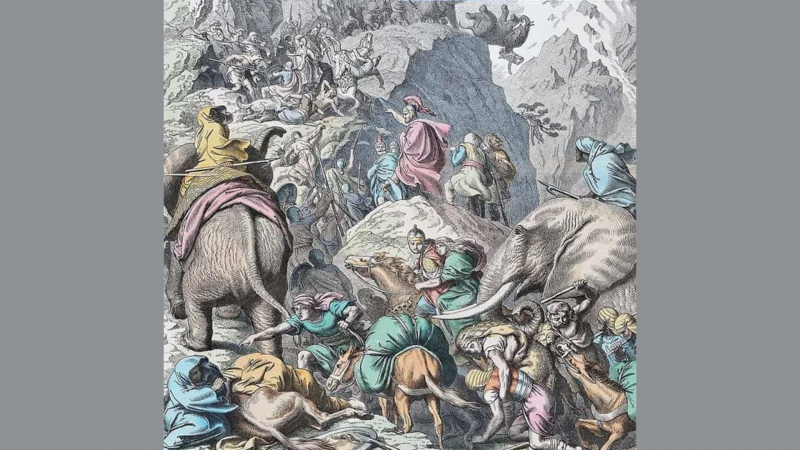
Hannibal along with his troop, crossing the Alps - historyten.com -
Hannibal's father was a Carthaginian general and a respected and inspiring commander. He happened to win every war for which he was responsible. He died in 228 BC, when Hannibal was 20 years old. Hasdrubal the Fair, Hamilcar's son-in-law, took over the position. Unfortunately, he was killed after only 5 years in command. So, at the age of 26, Hannibal was saddled with all of the responsibilities. Despite his youth, he commanded successfully, following in his father's footsteps.
He was a brilliant general with admirable strategic ideas and plans. He was also kind, intelligent, and generous. Additionally, the leadership skills he developed while traveling with his father starting at age 9 were aided by that experience. He had been on the road for about 16 years and had picked up useful knowledge of military tactics, methods, and techniques.
While making him vow he would never be a friend of Rome, his father allowed him to accompany him during battle. He took the Roman Army's defense very seriously and worked tirelessly to do so.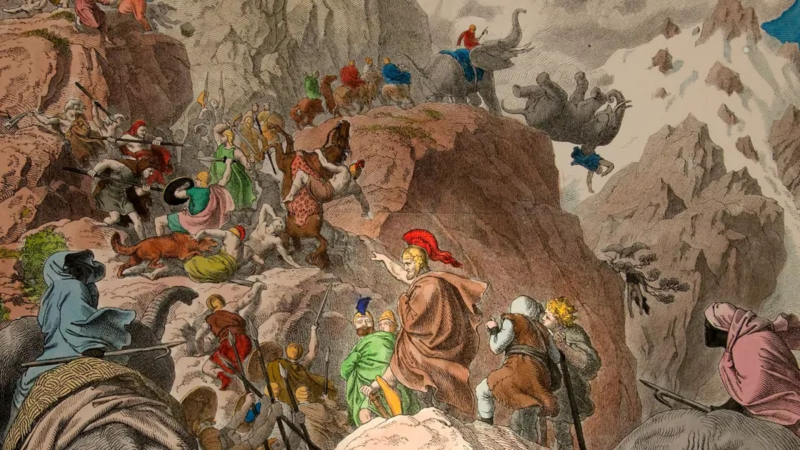
Britannica 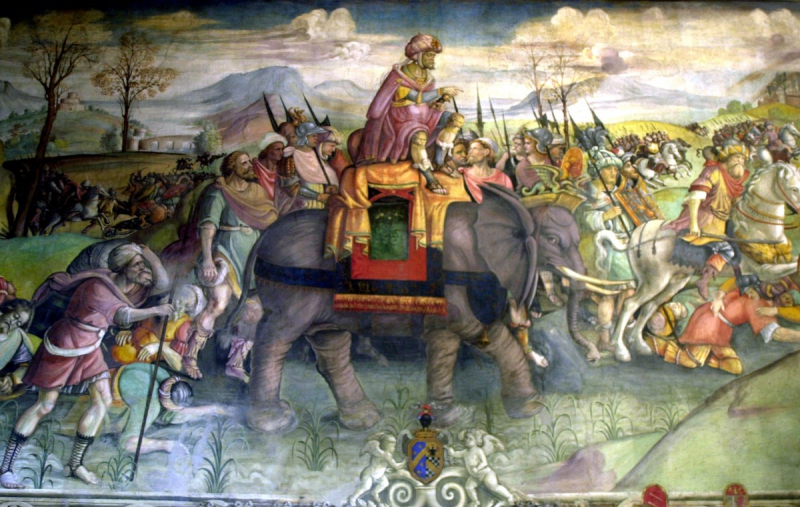
www.history.com -
Hannibal demonstrated that he was a kind-hearted leader who cared about both people and animals. He had a force of around 80000 men, about 37 elephants, and about 4,000 horses.
He had respect for all of his soldiers, both human and animal. He treated them all with kindness and generosity. He treated his soldiers with compassion and kindness, unlike many other leaders, and he did the same for his animal warriors.
He wanted the same loyalty from his soldiers as he had for them. During the journey back from the Battle of Trebia River, he displayed his kindness and loyalty by standing on the battlefield side by side with his regiment and fighting to the best of his ability.
His clever tactics and commitment to his unit allowed them to endure the grueling journey through the Alps.
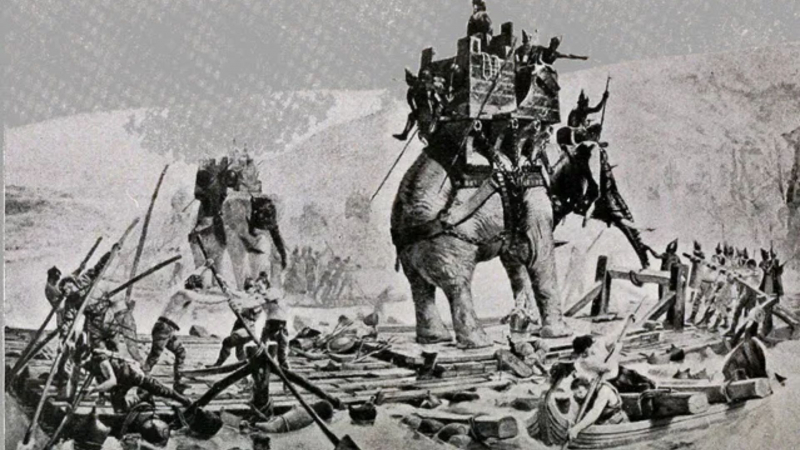
Hannibal Barca’s troop crossing the Battle of Rhone - historyten.com 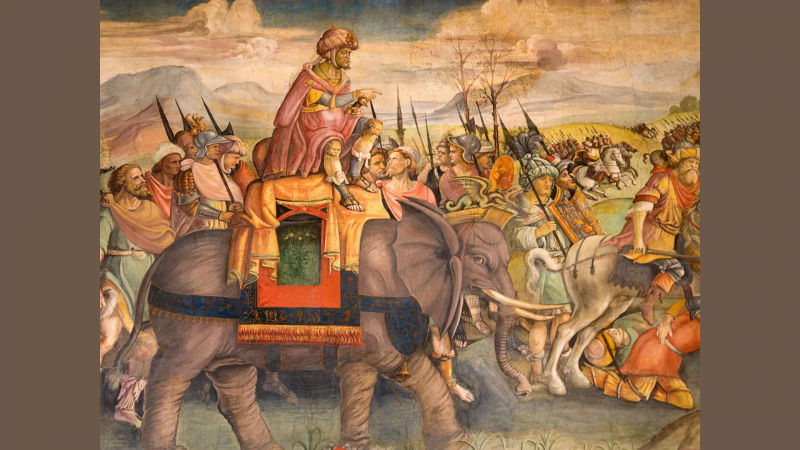
The Guardian


























